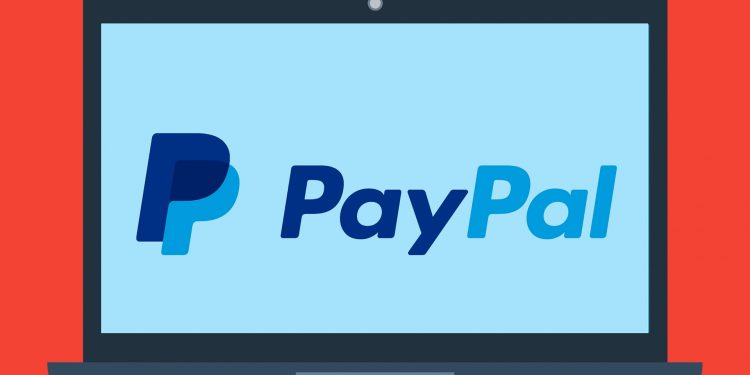Private equity firm KKR has agreed to acquire up to €40 billion ($43.71 billion) worth of PayPal’s European buy now, pay later (BNPL) loans, according to Reuters.
BNPL took off during the pandemic as it was easier for consumers to split their purchases into smaller installments rather than paying for it in full at one go. But as inflation has grown over the past few months, consumers—who have continued to depend on BNPL services for their everyday needs—have had a difficult time keeping up with payments.. PayPal’s decision to offload a significant portion of its credit risk to KKR appears to be a strategic move to mitigate potential economic uncertainties. It also indicates that the BNPL sector is clearly maturing, if it has a secondary debt market.
“It’s really a risk aversion play by PayPal, and we might see others follow, especially as economic environments begin to deteriorate,” said Ben Danner, Senior Analyst of Credit and Commercial at Javelin Strategy & Research.
Under the agreement, private credit funds and accounts managed by KKR will acquire loan receivables originating from PayPal in France, Germany, Italy, Spain, and the United Kingdom. PayPal processed more than $20 billion in payment volume globally in 2022, an increase of nearly 160% compared to the previous year.
When comparing BNPL loans to traditional credit offerings, there are certain factors that can make BNPL loans riskier for companies, and credit checks play a crucial role in mitigating these risks. BNPL loans often have more relaxed underwriting criteria compared to traditional credit. BNPL companies may rely on alternative data and proprietary algorithms to assess the creditworthiness of applicants. While this allows for broader access to credit, it also poses a higher risk of lending to individuals who may not have a strong credit history or the financial capacity to repay the loan. Because BNPL has not been tested against a real recession, it’s unclear how its defaults would compare to credit. They could be significantly higher, due to riskier loan recipients, and defaults on BNPL loans don’t necessarily affect credit ratings. Generally, this could make loans much riskier for companies during a downturn, and it’s likely this reason that PayPal wanted to unload some of that debt.











